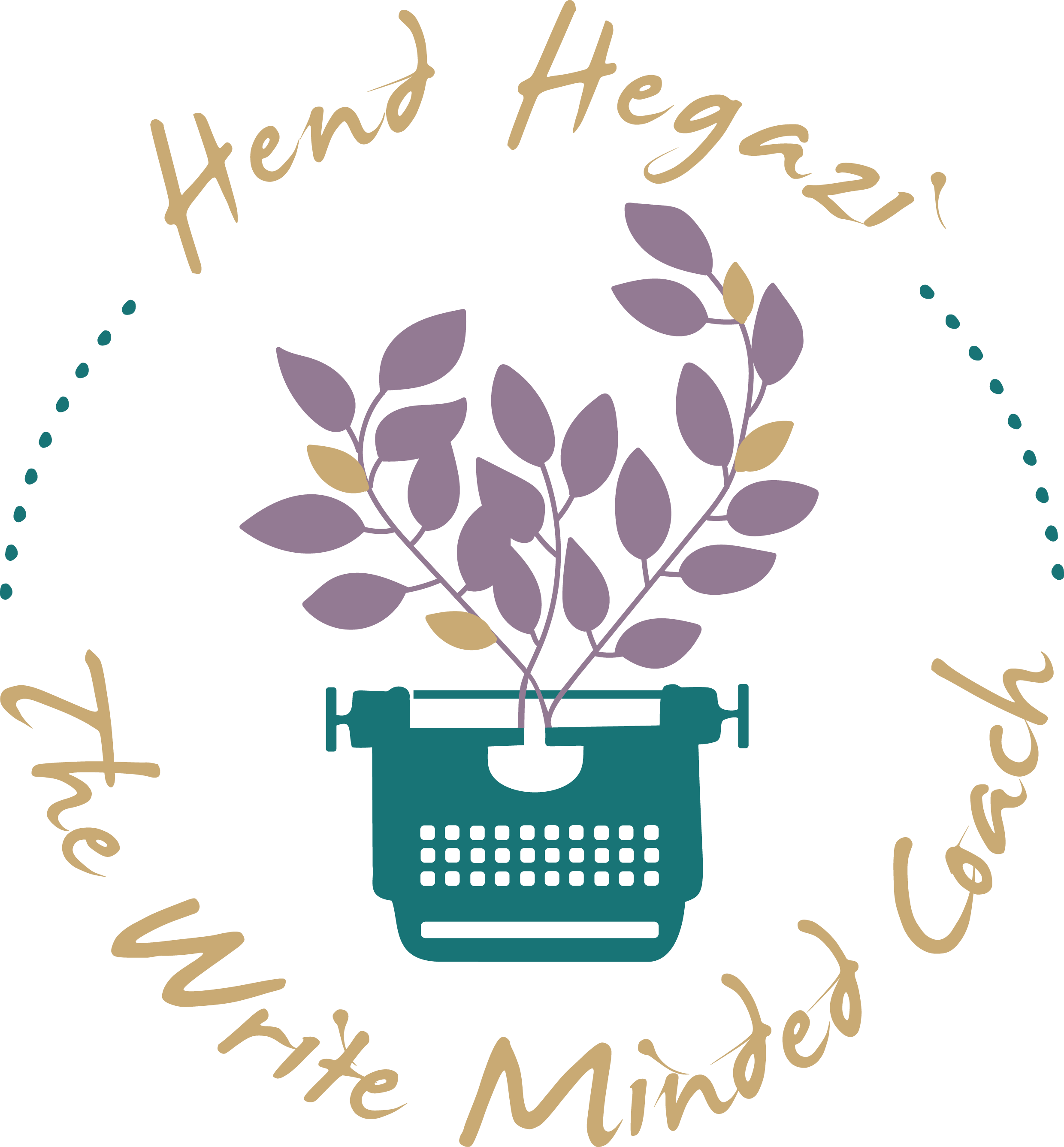Unblocking Writers Block (Part 1)
There is lots of controversy surrounding the legitimacy of writer’s block, but I’m not going to argue for or against it here. Whether or not writer’s block is a real phenomenon is inconsequential; the truth is, all writers eventually find themselves at a point where they feel unable to proceed, where they are unsure of the direction to take their piece, or they run out of ideas completely, or they simply feel deflated by a lack of external validation, and these feelings reflect as creative obstacles. In this article I will share some techniques to help you overcome whatever is preventing you from getting those words down.
While our emotional state doesn’t appear to be directly related to our creative ability, the truth is that if our emotional state is disturbed, our entire being is affected. We are affected physically and mentally, and consequently, creatively. Such emotional chaos can overwhelm us to the point of paralysis; we are not able to reason or work or think about anything clearly.
Even if the underlying cause of your emotional distress cannot be easily removed or fixed, there are still ways for you to clear this internal chaos, so that you can again begin to create:
Write in your journal. Release your pent up anger or fear or anxiety or sadness onto pages that you know are safe from prying eyes. Let the words—or drawings or doodles—go where they need to. Sometimes the physical act of getting words on paper releases you, even if you begin by not knowing what to say or quite what’s bothering you.
Write a letter. This works similarly to the concept of journaling, but I find that letter writing offers greater relief. Address the letter to the person who hurt you, to the one you’re missing, to the loved one who has passed. To someone you’re mourning, even if that is you. It could be a letter to God. Or to a concept: to your success, your dreams, your failures, your goals, your fears. Writing a letter helps put the emotions out of you. It helps to organize them so that you can review and analyze them, and thus think (and create!) more clearly. Even if the letter is to an actual person, you don’t have to send it; often penning it is enough to release the turmoil inside of you.
Regardless of whether or not the barrier to your writing flow is emotional, the following techniques can help you overcome that barrier:
Go for a walk, especially outdoors. Physical activity gets blood pumping to all areas of your body, including, of course, your brain, helping to stimulate thoughts and creativity. The fresh outdoor air—the sights, sounds and smells of nature—provide you with a sense of serenity while simultaneously connecting you with a larger purpose, provoking inspiration and direction.
Read. Reading in your genre can help inspire you. Immersing yourself in someone else’s creativity can often spur your own. Reading in your craft can help increase your knowledge and elevate your style, which will in turn widen your mindspace to allow you to create.
Remind yourself of your purpose. One of the main methods of remaining committed to your writing is remembering the intention you had when you began the piece, acknowledging how it will affect your readers, and realizing how much they will gain from it. Take time to reconnect with this intention.
Check your mindset. At this point, your mindset may be your biggest enemy. If you find yourself doubting yourself, or doubting your piece, then of course you will eventually get stuck. Like begets like, so if you keep cultivating negative thoughts, you will keep reaping negative results. “I can’t do this,” or “who am I to do this,” or “this task is too big,” or “I can’t write a book,” or “who am I to have a goal of bestseller status” are all thoughts that set you up for failure. I can not stress enough the importance of a positive mindset! The great thing about it is that it can be learned. When we repeat positive statements about ourselves and our work, we eventually begin to believe them. Not only that, but we take steps to actualize them. So even if you don’t believe those affirmation yet, keep repeating them to yourself. Keep saying them over and over, day after day, until eventually you find that they are indeed your own beliefs. This positive mindset will help you stay committed to your writing goal, remain focused on the result, and thus, help you to achieve it.
In Part 2 of this series, I’ll be discussing techniques that can help you maneuver crossroads and dead ends in your work. Make sure to tune in next week!
If you’re interested in working with me as your writing coach, fill in this form and we can schedule your complimentary session.

